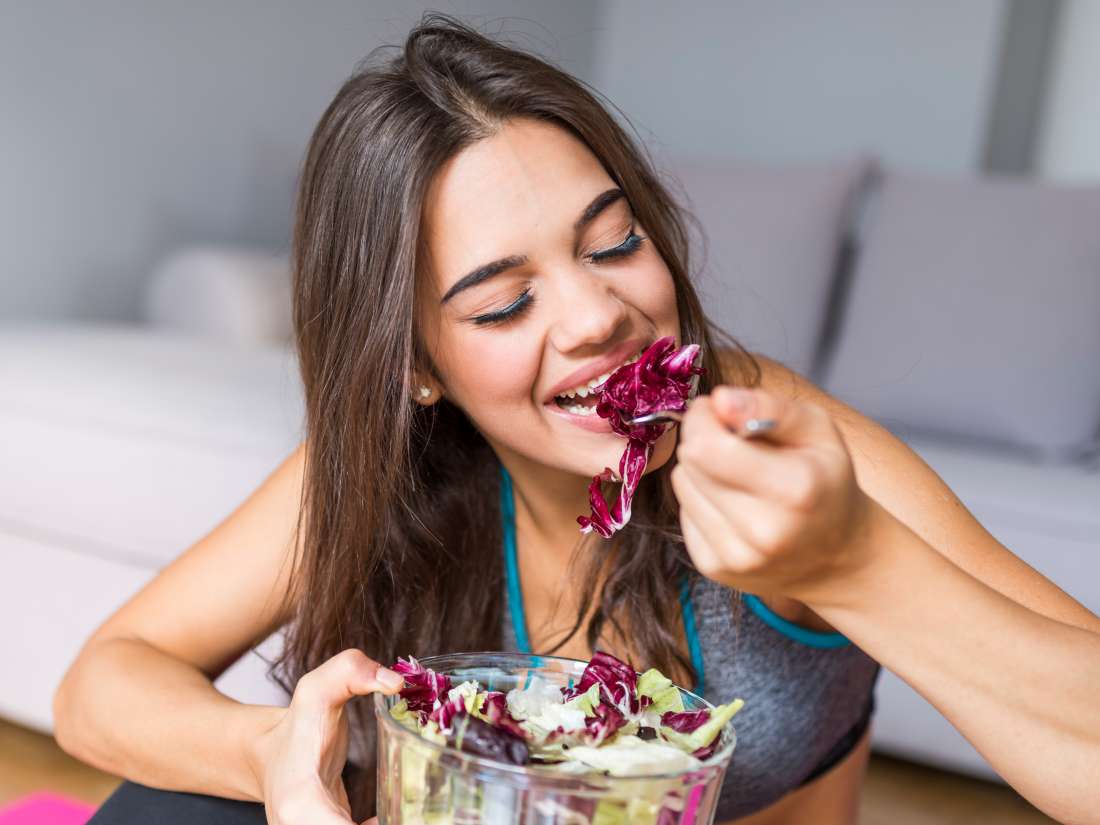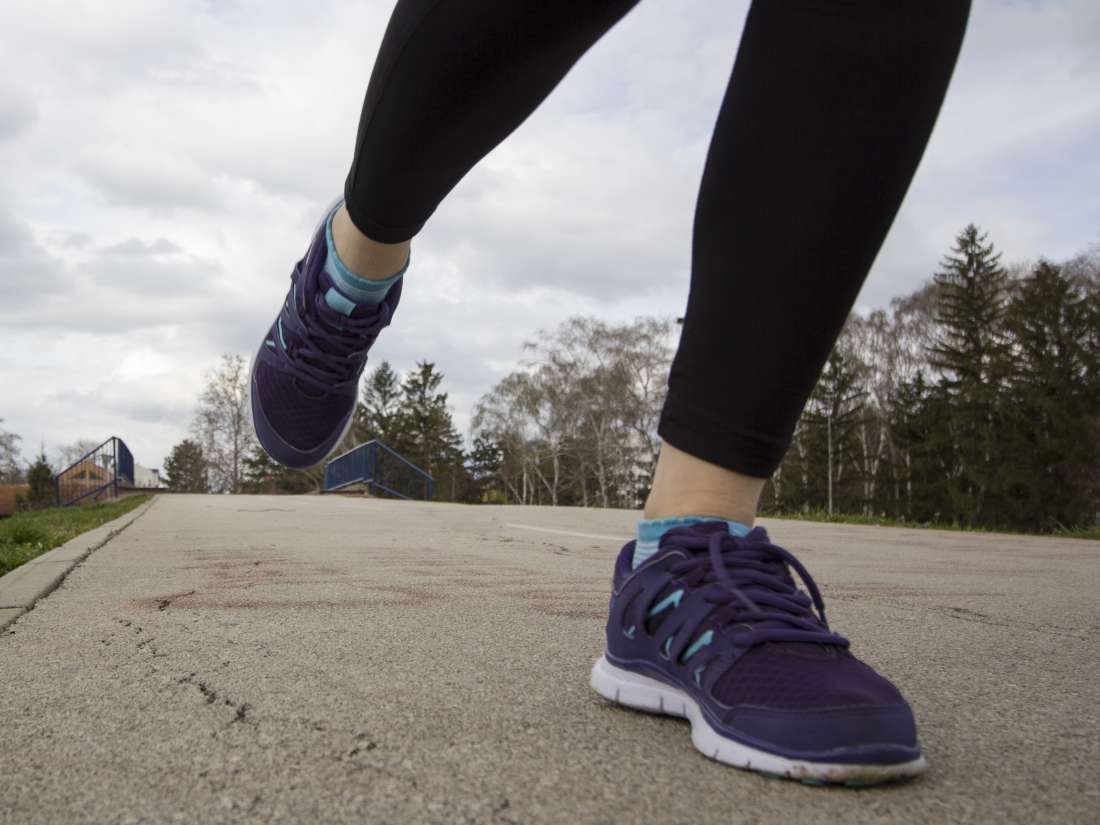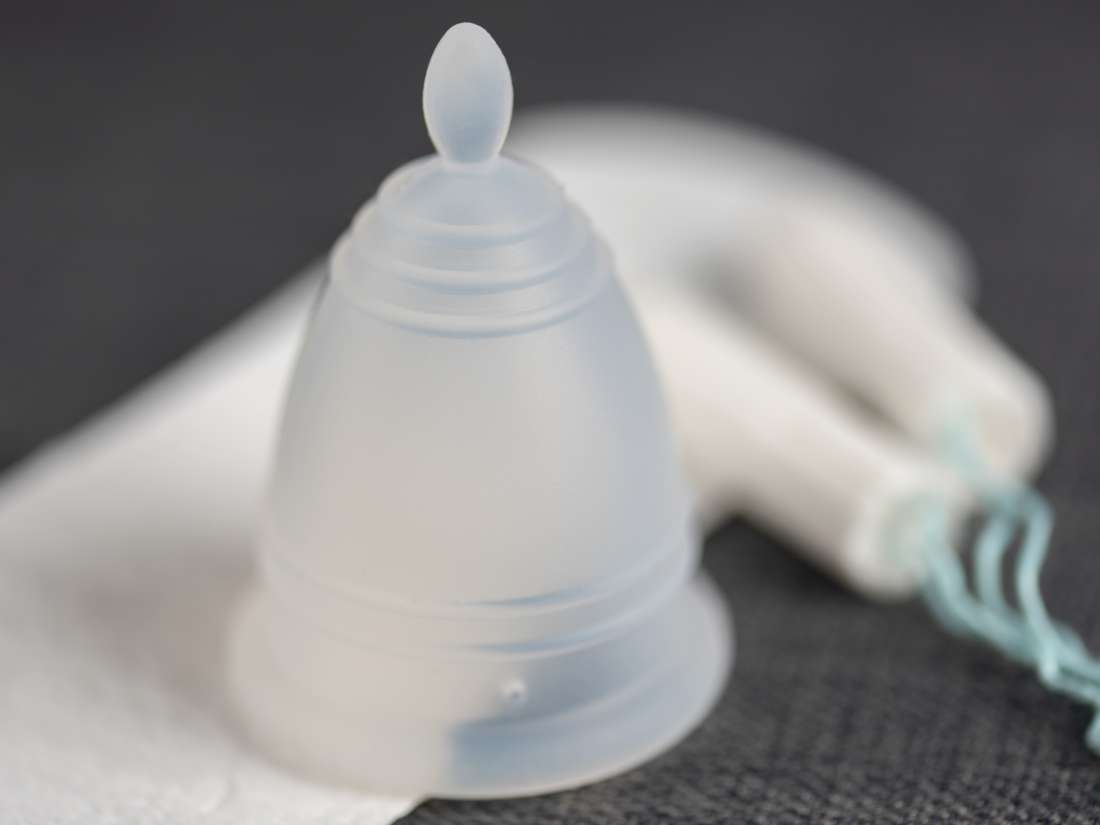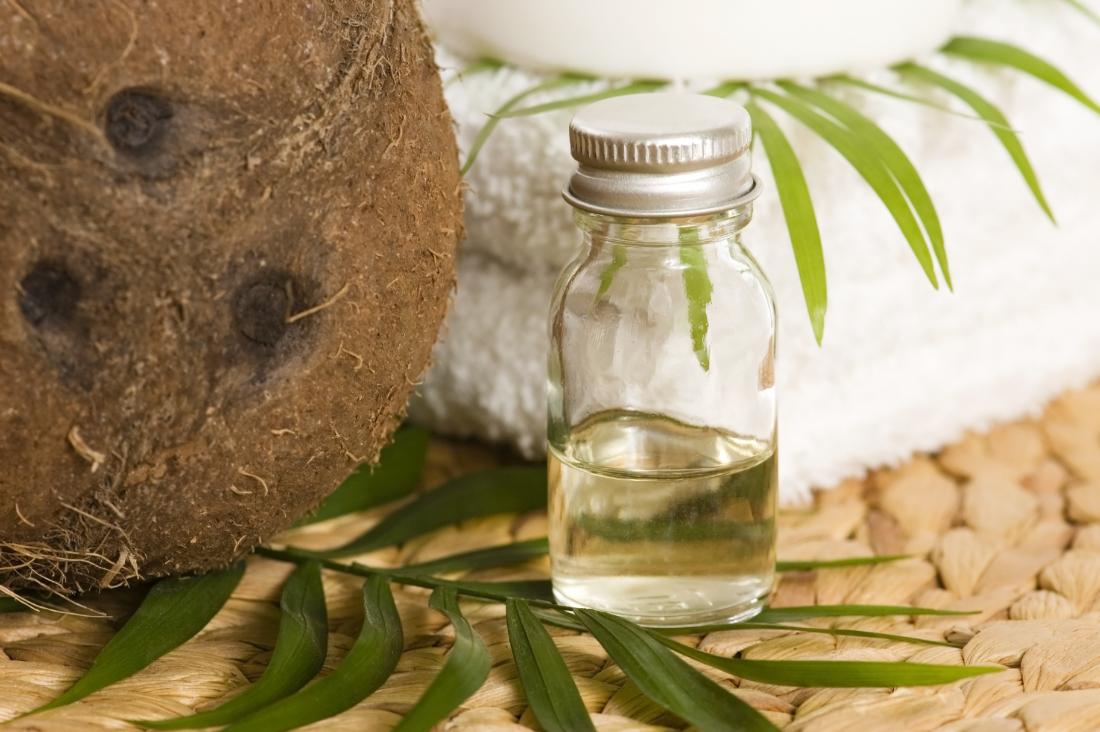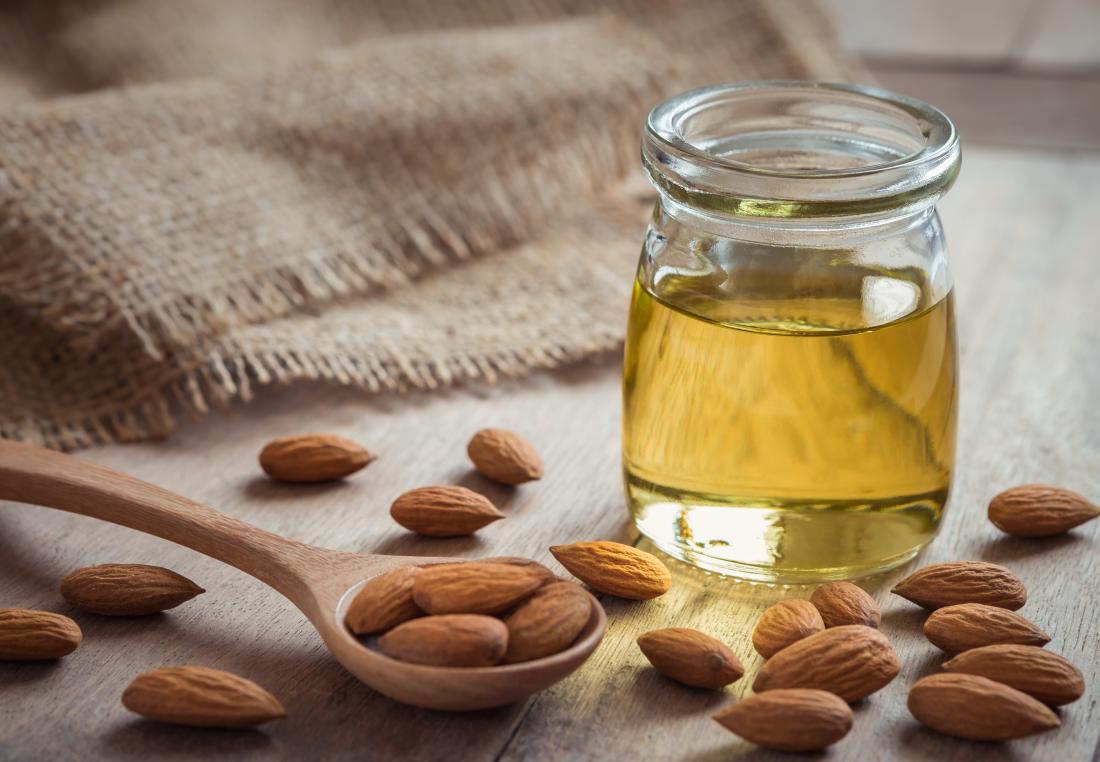Irregular periods are when menstrual bleeding is unpredictable or happens more or less often than it does for the average person.
Scientific research has shown that people can help regulate an irregular menstrual cycle with home remedies and lifestyle changes, such as altering their diet and exercise regimens.
People can also try other natural remedies, such as eating turmeric or pineapple, though there is no scientific evidence that these methods work.
This article explores which home remedies can help regular irregular periods, which ones have no evidence to back them up, and how to use them.
What are irregular periods?
A menstrual cycle is the number of days between the first day of each period. On average, this is 28 days. Some people have a longer menstrual cycle, and others have a shorter one. A typical range is between 21 and 35 days.
Irregular periods are when periods happen more or less often than every 21 to 35 days, or when a period is very variable or unpredictable. When a person has irregular periods, the time between each period may vary each month.
The following sections discuss six home remedies and lifestyle changes that evidence suggests can improve irregular periods.
1. Reduce stress
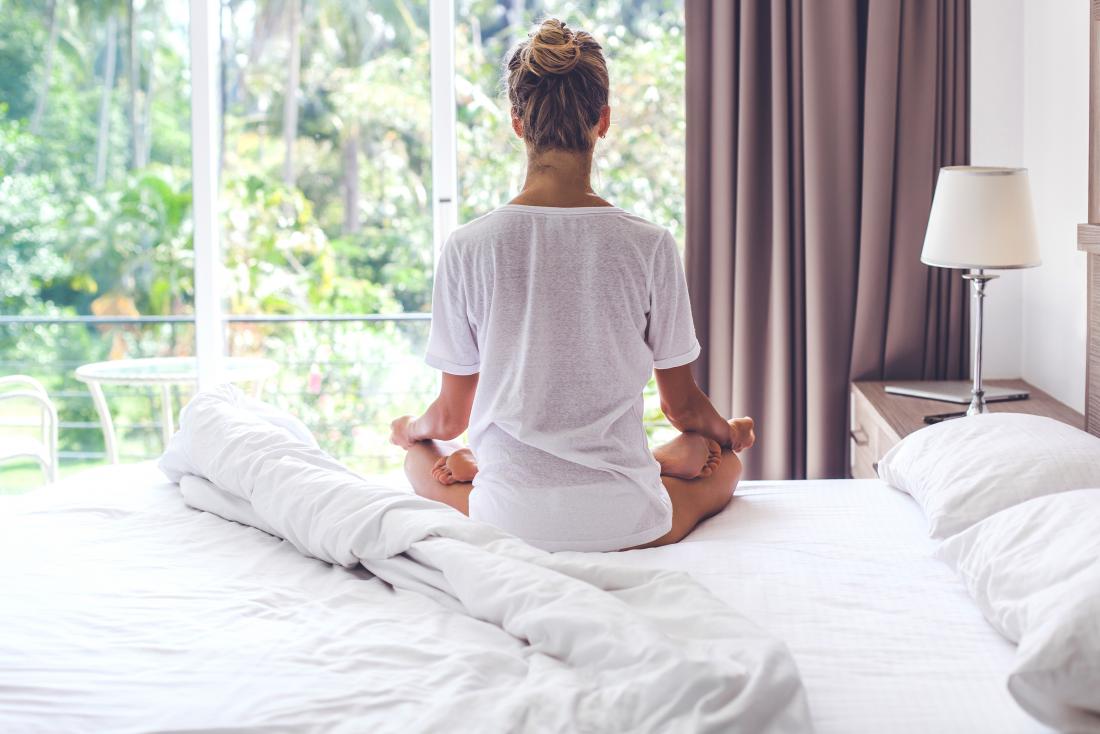 A person can help regulate their menstrual cycle by reducing stress.
A person can help regulate their menstrual cycle by reducing stress.Researchers suggest that high levels of emotional stress have links to irregular periods.
Finding ways to reduce stress may help a person regulate their menstrual cycle. Avoiding stressful situations and managing family or workplace expectations may help.
When it is not possible to avoid stress, try doing activities that limit the impact it has on the body.
2. Meditate
Meditation is a simple and free way to reduce stress at home or work. As stress and irregular periods are linked, reducing stress may make periods more regular.
Researchers suggest that meditation may improve multiple adverse effects of psychological stress. To try meditation:
- find a quiet place to sit
- sit up straight, with arms relaxed and hands on knees
- breath in and out deeply
- focus on the sound of the breath
- listen in to other surrounding sounds
- acknowledge thoughts as they occur but then let them go
At first, try meditating for just a few minutes and increase the time by a minute each day.
3. Practice yoga
Yoga is a physical form of meditation that most people can try at home. Many people across the world use this ancient practice daily to improve their well-being.
Practicing yoga may be an effective way to regulate periods. A small-scale 2013 study found that a daily yoga practice helped to balance hormones linked with irregular periods.
Yoga with Adriene offers simple yoga videos that are suitable for beginners.
4. Lose or gain weight
Changes in body weightcan affect a person’s menstrual cycle.
Having a low body weight may mean a person’s periods become irregular or even stop. The body needs some fat to produce the hormones of the menstrual cycle, so gaining weight may help regulate their periods.
Similarly, having obesity or being overweight may cause menstrual irregularities. Losing weight may make a person’s periods more regular.
Maintaining a healthy weight is essential for reproductive health. Eating a healthful, calorie-controlled diet and exercising regularly may help a person manage their weight.
5 Adjust exercise levels
 Although regular exercise offers many health benefits, doing too much can interrupt the menstrual cycle.
Although regular exercise offers many health benefits, doing too much can interrupt the menstrual cycle.Exercise is vital for a person’s mental and physical health. Research suggests that regular aerobic exercise may improve menstrual cramps.
Exercise is an effective way to maintain a healthy weight. Because being overweight can cause irregular periods, reducing weight may make periods more regular.
However, when it comes to exercise and periods, balance is important. Exercising too much may interrupt the menstrual cycle. Extreme exercise may even cause a person’s periods to stop.
The Department of Health and Human Services recommend that adults do at least 2.5 to 5 hours of moderate-intensity exercise or half this amount of vigorous-intensity activity every week.
6. Top up on vitamin D
Vitamin D aids calcium absorption in the gut, which is essential for healthy bones.
Research shows that vitamin D may also help regulate ovulation. A 2015 study found links between low levels of vitamin D and irregular periods.
Irregular periods are a common symptom of polycystic ovary syndrome (PCOS). A small-scale 2014 clinical trial suggests that taking supplements of vitamin D and calcium, alongside metformin, may help regulate periods for people with PCOS.
Sunlight causes a person’s body to produce vitamin D. So to top up on vitamin D, spend time outside in the sunshine.
People can also get vitamin D from fatty fish, such as salmon and tuna. Some manufacturers add vitamin D to fortified plant milk and cereals. Taking supplements is another way to make sure the body gets enough vitamin D.
Other ideas
Some scientific evidence backs up the six ideas in the section above. Although the home remedies in the following section have less research to back them up, some people may find them helpful.
Apple cider vinegar
Initial research suggests that drinking apple cider vinegar may regulate ovulation for people with PCOS. Scientists need to carry out more research to prove this benefit, however. The study in question had only seven participants, making it too small to be conclusive.
Pineapple
Pineapple contains an enzyme called bromelain which may reduce inflammation. Some causes of irregular menstruation involve inflammation.
Some people believe that eating pineapple may help regulate periods, though research has not found a link between the two. Researchers need to carry out more studies to see if pineapple can improve irregular periods.
Pineapple juice, like other fruit juices, is high in sugar and not a good choice for people with diabetes.
Turmeric
Turmeric is a popular home remedy for a range of health conditions, including irregular periods. However, its ability to regulate periods is unproven.
The main benefit of turmeric that scientists have found is its ability to reduce inflammation. Research suggests that curcumin, an active ingredient found in turmeric, has anti-inflammatory effects.
Summary
Irregular periods have many causes. Making lifestyle changes to reduce or manage stress and maintain a healthy body weight may help regulate periods.
Meditation and yoga are effective stress management methods. Regular exercise and a healthful diet can help people manage their weight. Getting enough vitamin D may also support a healthy menstrual cycle.
Eating turmeric or pineapple and drinking apple cider vinegar are other possible home remedies, but more research is needed before doctors can recommend them as effective treatments.
